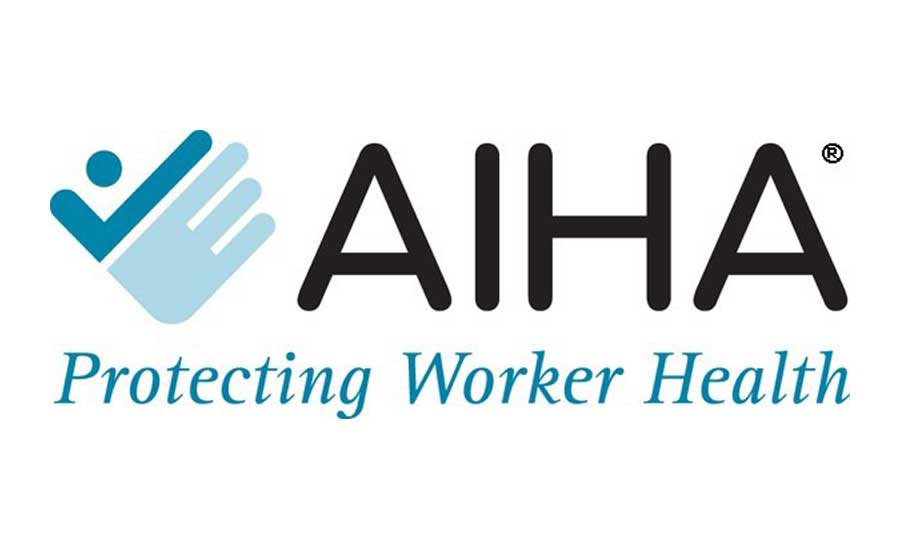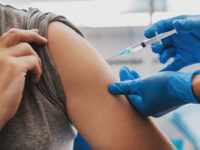Workplace health and safety organizations: Urgent clarification needed on CDC guidance for fully vaccinated people

AIHA and eight leading organizations, representing approximately 1 million union workers and experts in occupational and environmental health and safety, have sent a letter to the Centers for Disease Control (CDC) and the U.S. Department of Labor (DOL), urging agency leaders to work with them to clarify what the new CDC guidance for fully vaccinated people means for all workplaces.
While welcomed by many, the new CDC's guidance has created troubling confusion among employers, workers, and worker health and safety professionals.
Currently, the guidance states that "fully vaccinated people no longer need to wear a mask or physically distance in any setting, except where required by federal, state, local, tribal, or territorial laws, rules, and regulations, including local business and workplace guidance." This vague language, combined with public messaging from federal officials indicating that fully vaccinated people can largely abandon COVID-19 protection protocols, has caused significant confusion among employers, workers, and worker health and safety professionals. While the Occupational Safety and Health Administration has stated that it is in the process of reviewing the CDC's new guidance and will update its website accordingly, no timetable for completing this review has been communicated.
The signatories urge the CDC and DOL to clarify what the May 13, 2021 guidance means for workers and employers and how they could implement it in all workplaces. They also offer to work with CDC and DOL to relieve this confusion and protect workers, businesses, and communities.
The signing organizations are:
- American Board for Occupational Health Nurses, Inc. (ABOHN)
- American Industrial Hygiene Association (AIHA)
- Laborers’ Health and Safety Fund of North America (LHSFNA)
- National Council for Occupational Safety and Health (National COSH)
- National Employment Law Project (NELP)
- National Waste and Recycling Association (NWRA)
- SafeWork Washington
- Society for Healthcare Epidemiology of America
- United Steelworkers
Looking for a reprint of this article?
From high-res PDFs to custom plaques, order your copy today!








